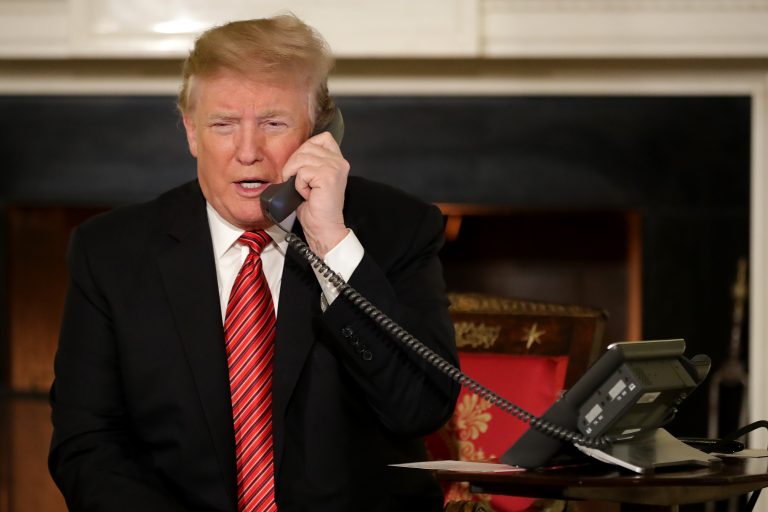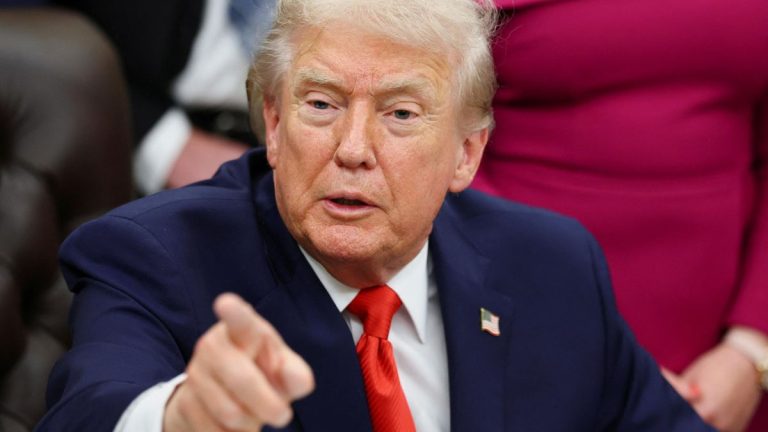In a major move that has attracted significant attention, Indian authorities have undertaken a comprehensive investigation into organizations linked to prominent international non-governmental groups. The inquiry focuses on allegations that certain NGOs may have violated India’s financial regulations by channeling foreign funds into domestic organizations in ways that circumvent established oversight mechanisms. While these organizations publicly emphasize their commitment to promoting democracy, human rights, and transparency worldwide, Indian officials contend that such operations may, intentionally or otherwise, influence domestic affairs without proper authorization.
The investigation stems from concerns over how foreign capital enters the Indian non-profit sector. Officials are reportedly examining whether financial flows were routed through complex structures that could obscure the source, purpose, or intended use of funds. These practices, authorities suggest, might allow organizations to support various programs and agendas indirectly, potentially sidestepping regulatory scrutiny.
Central to the investigation is the alleged use of financial instruments and classifications designed to disguise the true nature of cross-border funding. Experts indicate that some NGOs may have used consultancy arrangements, investment vehicles, or other mechanisms to reclassify contributions, thereby avoiding direct oversight. By employing these methods, organizations could provide substantial financial support to domestic initiatives while remaining technically compliant with legal requirements. The precise motivations behind these strategies remain a matter of scrutiny, with authorities concerned about whether funds are deployed for purely philanthropic purposes or as part of broader socio-political objectives.
The Indian government has historically maintained strict guidelines governing foreign contributions to local NGOs. These measures aim to ensure that foreign funds are not used to exert undue influence over public discourse, policy, or electoral processes. In particular, authorities have expressed concern about large, unmonitored donations from organizations with defined political or ideological perspectives. By tightening oversight, the government seeks to safeguard national sovereignty while maintaining a transparent framework for philanthropic activity.
The investigation reportedly involves a thorough review of financial records, digital communications, and corporate documents. Enforcement teams are analyzing transaction histories, agreements, and organizational structures to determine whether legal obligations under the Foreign Contribution Regulation framework and other financial statutes were met. This level of scrutiny underscores the seriousness with which authorities are approaching the matter and highlights the potential legal and regulatory consequences for organizations found in violation.
Officials suggest that the inquiry is not only about the movement of money but also about the intent and potential impact behind its deployment. There is concern that certain funding strategies could allow foreign entities to indirectly shape civil society initiatives or influence domestic discourse under the guise of charitable or educational activity. In this context, the investigation is being positioned as a necessary step to ensure that all foreign contributions operate within a transparent and accountable framework.
While the organizations under review emphasize that their global mission centers on advancing democratic values and human rights, Indian authorities maintain that compliance with local regulations is essential. In the past, the government has acted to restrict or suspend the activities of NGOs that failed to adhere to financial rules, arguing that oversight is necessary to prevent unintended consequences or misuse of funds. Critics, however, argue that overly stringent measures may stifle legitimate philanthropic work and independent civil society activity. The current investigation sits at the intersection of these competing perspectives, highlighting the complex balance between enabling global engagement and protecting domestic legal and policy frameworks.
The inquiry has involved extensive coordination across regulatory bodies. Authorities have reportedly consulted with financial experts, legal advisers, and forensic auditors to ensure a comprehensive examination of the organizations’ operations. This approach reflects a broader trend of increasing scrutiny on international NGOs, particularly in jurisdictions where foreign funding intersects with sensitive domestic concerns. Analysts note that the findings of such investigations often have far-reaching implications, shaping how NGOs structure their operations and engage with local partners.
Legal experts observing the investigation emphasize the nuances of the regulatory landscape. India’s framework for foreign contributions requires organizations to obtain approval for the receipt and use of overseas funds, with rigorous reporting obligations. Violations, whether intentional or inadvertent, can trigger civil and criminal liabilities, including fines, restrictions on future funding, or the suspension of organizational licenses. By examining corporate structures, financial flows, and internal compliance practices, authorities aim to determine whether proper procedures were followed and, if not, what corrective or punitive measures are appropriate.
The inquiry also raises questions about transparency and accountability within international philanthropic networks. Observers note that NGOs operating globally often maintain multiple subsidiaries and affiliated entities to manage programs efficiently. However, these arrangements can complicate oversight, particularly when funding crosses borders and involves different legal jurisdictions. The current investigation illustrates the challenges of ensuring that international organizations operate in compliance with local laws while pursuing global missions.
Authorities have underscored that no immediate conclusions should be drawn about wrongdoing; the inquiry is ongoing, and the organizations involved have the opportunity to provide documentation and clarify their compliance measures. Nonetheless, the review highlights the growing attention paid to the role of foreign funding in shaping civil society and policy initiatives. Analysts suggest that this case may serve as a precedent for how India and other nations approach regulatory oversight of internationally connected NGOs in the future.
Beyond legal considerations, the investigation has sparked debate about the broader implications of foreign funding. Supporters of international NGOs argue that cross-border contributions are vital for addressing social, educational, and environmental challenges. Critics counter that without proper transparency and accountability, such funding may inadvertently influence local political or societal dynamics. This tension underscores the importance of clear, enforceable regulations and the need for organizations to maintain rigorous internal compliance frameworks.
Experts further note that the investigation may prompt international NGOs to reassess their operational strategies in India and similar markets. Steps such as strengthening financial reporting, enhancing internal audit mechanisms, and ensuring alignment with local legal requirements are likely to become standard practice. By adopting such measures proactively, organizations can reduce risk, maintain credibility, and continue to advance their mission in a manner that respects local laws and sensitivities.
The implications of the investigation extend beyond the immediate organizations under review. Observers suggest that the outcome could influence the broader ecosystem of non-profit activity in India, affecting both domestic and international entities. A more stringent enforcement environment may encourage NGOs to implement best practices for governance and compliance, fostering greater transparency and accountability across the sector. At the same time, stakeholders caution that overly restrictive measures could limit the ability of organizations to innovate and address pressing societal issues.
Overall, the investigation reflects the Indian government’s ongoing effort to balance openness to international engagement with the imperative of safeguarding domestic legal and regulatory standards. By examining complex funding arrangements, authorities are seeking to ensure that all foreign contributions are appropriately monitored and that philanthropic activity operates within a clear legal framework. While the inquiry is focused on financial compliance, it also raises broader questions about the role of international NGOs in influencing local civil society, policy, and discourse.
As the review continues, the findings are likely to inform both domestic policy and the strategies of global NGOs. Analysts predict that greater clarity on acceptable funding practices and organizational structures will emerge, potentially shaping the operations of similar organizations worldwide. In this sense, the investigation serves as a touchstone for understanding how nations navigate the intersection of foreign contributions, regulatory oversight, and the broader goals of civil society development.
In conclusion, the ongoing investigation into internationally connected NGOs operating in India highlights the complex interplay between foreign funding, legal compliance, and societal influence. By scrutinizing financial practices, regulatory adherence, and organizational intent, authorities aim to ensure that contributions are deployed in a transparent, lawful, and accountable manner. The outcome will likely set an important precedent for how global NGOs engage with India’s civil society, reinforcing the importance of careful governance while maintaining opportunities for meaningful philanthropic work.

Emily Johnson is a critically acclaimed essayist and novelist known for her thought-provoking works centered on feminism, women’s rights, and modern relationships. Born and raised in Portland, Oregon, Emily grew up with a deep love of books, often spending her afternoons at her local library. She went on to study literature and gender studies at UCLA, where she became deeply involved in activism and began publishing essays in campus journals. Her debut essay collection, Voices Unbound, struck a chord with readers nationwide for its fearless exploration of gender dynamics, identity, and the challenges faced by women in contemporary society. Emily later transitioned into fiction, writing novels that balance compelling storytelling with social commentary. Her protagonists are often strong, multidimensional women navigating love, ambition, and the struggles of everyday life, making her a favorite among readers who crave authentic, relatable narratives. Critics praise her ability to merge personal intimacy with universal themes. Off the page, Emily is an advocate for women in publishing, leading workshops that encourage young female writers to embrace their voices. She lives in Seattle with her partner and two rescue cats, where she continues to write, teach, and inspire a new generation of storytellers.









